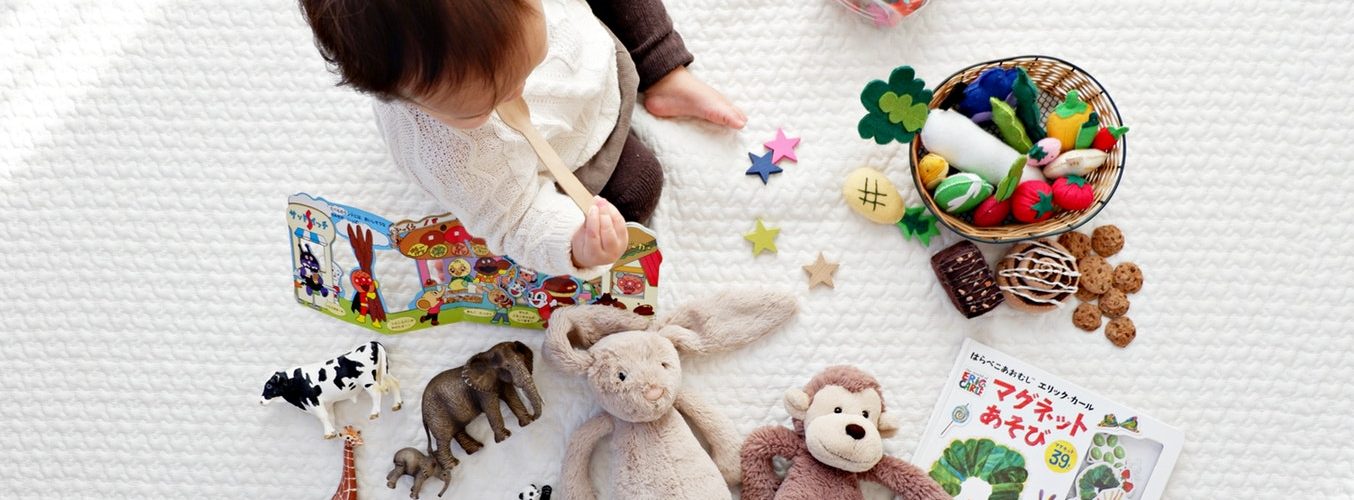A new toy library at a Punggol void deck has been set up to enable special needs children, with conditions such as autism, to have a safe space for social interaction with other children. It has been designed with children of different abilities in mind so that parents can bring their children out to play and at the same time, also find a support network in the community.
The room has been designed thoughtfully to create spaces to calm down children who may experience meltdowns or tantrums, and also to house toys that are helpful in training the children to work on their senses and emotions.
Although more support has been established for people with special needs and their caregivers, it is acknowledged that more needs to be done in terms of support and intervention services and employment opportunities.
Read the full article on Channel NewsAsia: Heartland help: A toy library for special needs children in Punggol
Analysis:
The efforts to provide services, interventions, and spaces for special needs children have been increasing over the past few years. These children may require different social environments to be comfortable in their learning and interactions with others. Caregivers and parents would also need a support network of other caregivers who may face similar struggles. If public spaces are not conducive or safe enough, most of them would choose to stay at home, and risk being socially isolated.
Learning the needs of children with different abilities and designing conducive play spaces require time and experimentation. For example, inclusive playgrounds in parks designed for children with physical disabilities were first built at Canberra Park in 2015, and have since grown in numbers.
There have also been initiatives by companies to give special needs children experiences that they may not fully enjoy in normal circumstances. An example is Quiet Hour at Toys ‘R’ Us, where the toy store dim the lights and in-store music, in order to create a less stimulating environment for children with autism to shop with less sensory exposure that may be triggering.
Questions for further personal evaluation:
-
Why does society need to care more about being inclusive?
-
Why is having a support network important for caregivers?
Useful vocabulary:
-
‘prejudice’: preconceived opinion that is not based on reason or actual experience
-
‘lip service’: giving approval or support insincerely
Picture credits:https://unsplash.com/photos/p0hDztR46cw

